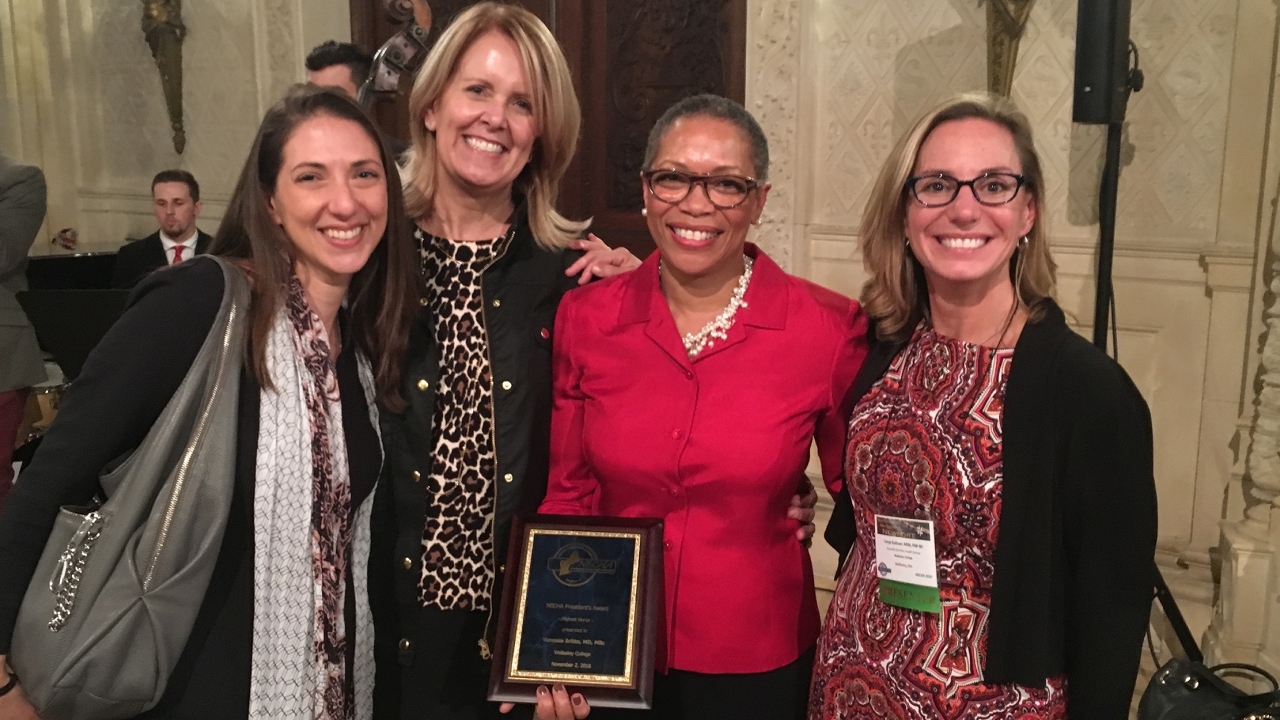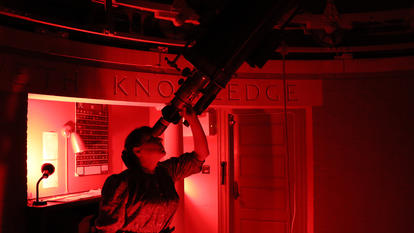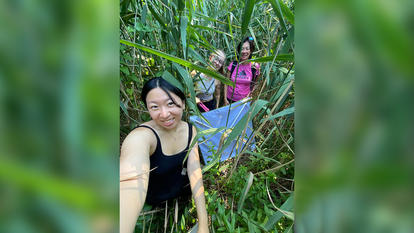Wellesley Staff Honored for Leadership in Women’s Health

When Paula A. Johnson was preparing to take office as Wellesley’s president, she came upon a speech by the College’s second president, Alice Freeman Palmer, that focused on “the larger gifts of college life. ” Those gifts included happiness and physical health, which Johnson said came as a “delightful surprise.” “As a physician who has spent my career in women’s health—and as a new college president with a deep commitment to students’ well-being—I was inspired to see how very deep these commitments run,” she said.
Wellesley College Health Service (WCHS) reflects that commitment. The outpatient clinic, staffed by physicians, nurse practitioners, nurses, and health education specialists, provides primary medical and gynecological care to all enrolled students, regardless of insurance, and emphasizes education and preventive measures to enhance wellness. WCHS also offers on-campus nutrition and physical therapy services to ensure that students’ care is patient-centered and accommodates their schedules. In addition, staff members frequently collaborate with the Stone Center Counseling Service to foster a more holistic treatment approach.
Recently, Vanessa Britto, medical director of WCHS, was honored by the New England College Health Association with the 2016 NECHA President’s Award. The award is the highest honor bestowed by the association, which praised Britto’s significant impact on her health service, college, and community, and on college health regionally and nationally.
“The health service supports the educational mission of Wellesley College by engaging our students in connecting optimal well-being to personal and academic growth,” Britto said. “Our goal is to empower each student to make informed, healthy life choices. We want to help them prevent disease and injury, manage chronic illness or disability, and develop effective self-advocacy tools as they invest in a lifelong pursuit of wellness.”
Johnson was also recognized recently for her outstanding leadership in the fields of medicine and education.
In November, she received the 2016 Alma Dea Morani, M.D. Renaissance Woman award from the Women in Medicine Legacy Foundation in New York City. The award, named for the first female member of the American Society of Plastic and Reconstructive Surgeons, is given to an outstanding woman physician or scientist in North America who has left a significant mark on history, made important contributions outside of medicine, and challenged the status quo with a passion for learning, according to the foundation.
“We believe that our history shapes our future. We must perpetuate the legacy of pioneering women in medicine to propel the women who forge ahead today and in the future,” said Julia A. Haller, president of the foundation, who praised Johnson as “a preeminent advocate of sex-specific medical research.”
“[Johnson] is tireless in her dedication to her mission to improve health care,” said Haller during the award presentation. “Her lively spirit, humanitarian dedication and engagement, as well as her warmth and penetrating intellect, make her an inspired choice.”
In September, Johnson was awarded the Walker Prize by the Museum of Science in Boston. Established in 1864 by William Johnson Walker, a prominent surgeon, the prize recognizes outstanding scientific investigation and discovery by a scientist, professor, or researcher who is well known for superb scientific writing.




